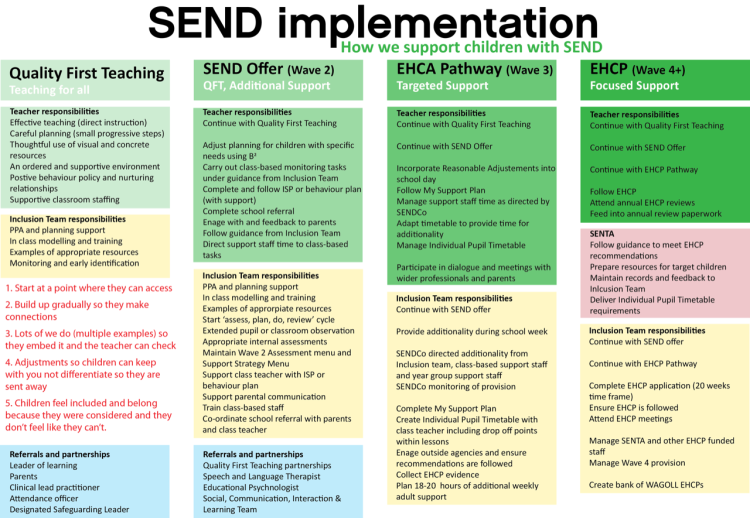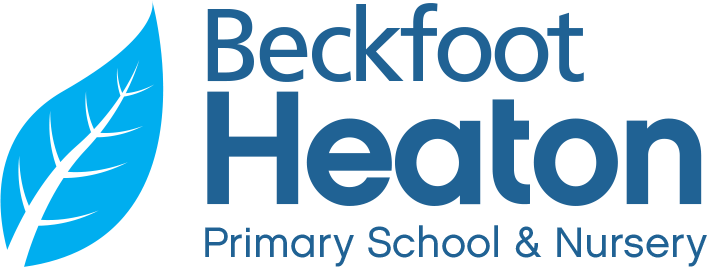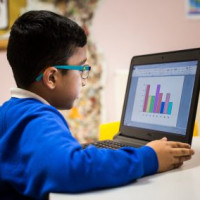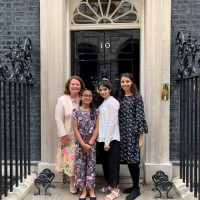At Beckfoot Heaton Primary School, our main aim is to promote high expectations and raise standards of achievement across all areas of the school, delivering equality of opportunity and inclusion to every child, in a happy, purposeful, caring environment, ensuring that no child is left behind.
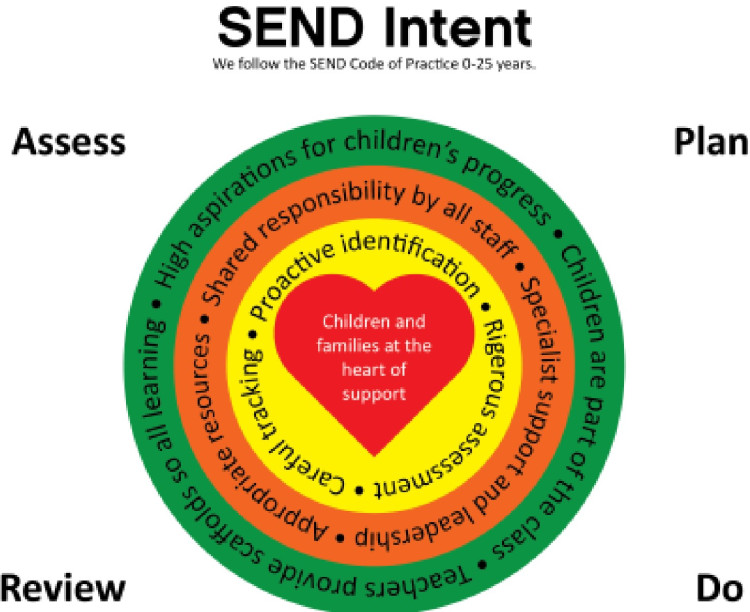
Four Areas of SEND
Areas of Need Special Educational Needs are broadly grouped into four primary areas, within these areas there are many different descriptors of need and a wide range of provision which may be needed. At Beckfoot Heaton Primary School every child is considered as an individual and provision is arranged on this basis.
- Communication & Interaction
- Cognition & Learning
- Social, Emotional and Mental Health
- Sensory and Physical needs
The Bradford Local Offer gives further elaboration.
https://localoffer.bradford.gov.uk/
We achieve these aims by:
Implementing the Assess, Plan, Do Review cycle:
- Assess a child’s level of need using a range of tools.
- Plan any adaptations or changes and/or additional or different provision necessary to meet the identified need/s and remove barriers to a child’s learning and participation.
- Do – the teacher working closely with teaching assistants and/or SENDCO, Inclusion Support Leaders, Quality of Education Leaders, Specialist Teachers, this planning is applied in the classroom.
- Review the effectiveness of these planned strategies and provisions at removing identified barriers to the child’s learning and participation through continuous monitoring, by the teacher, with teaching assistant, SENDCO, Inclusion Support Leaders, Quality of Education Leaders and Specialist Teachers.
Children with SEND follow the same process, adapted to their additional needs and the increased level of advice and support they may need to meet their outcomes. Provision is based on the SEND Guidance from Bradford MDC Department of Children’s Services – The matrix of need.
https://bso.bradford.gov.uk/userfiles/file/EPT/Bradford%20Matrix%20of%20Need%20v2_2%20RD260421.pdf
Children with SEND, assessed beyond SEND Support, may have a My Support Plan, an Education Health Care Plan, or be allocated to specialist provision/setting.
Our SEND implementation document on the following page details how we support children with identified SEND needs.
